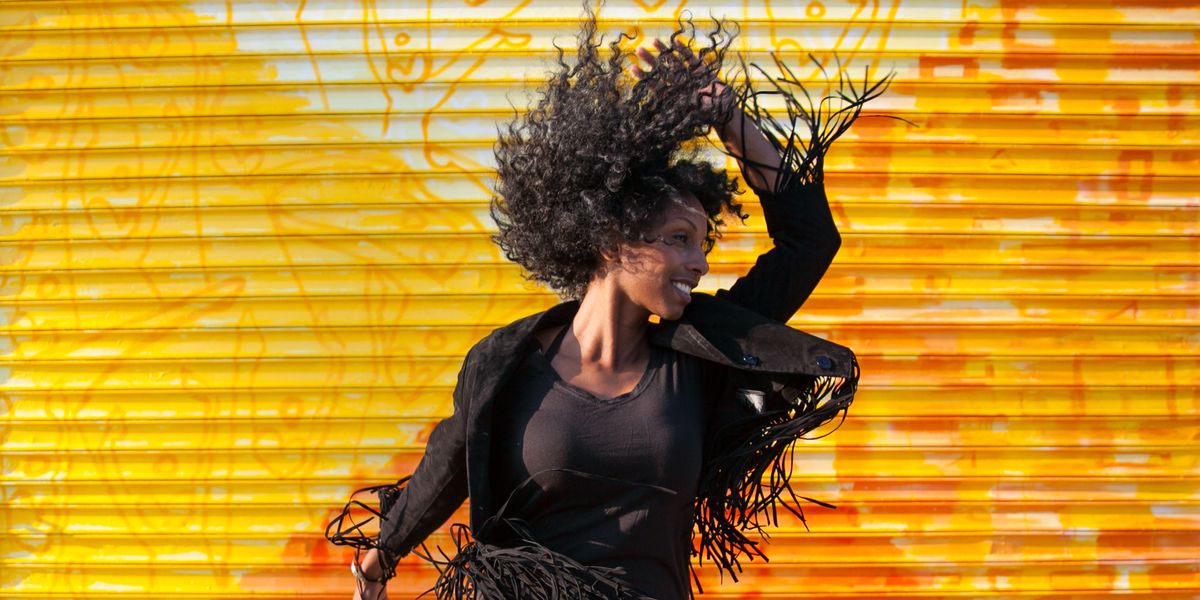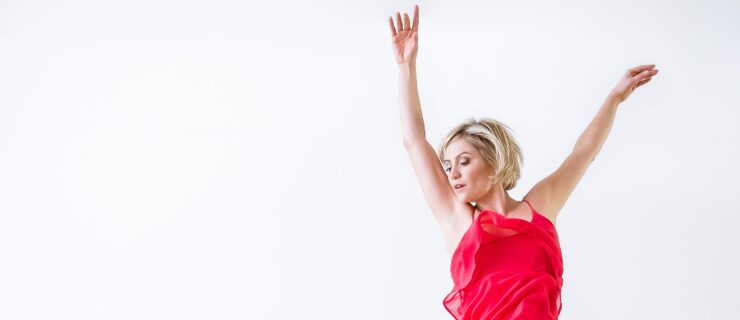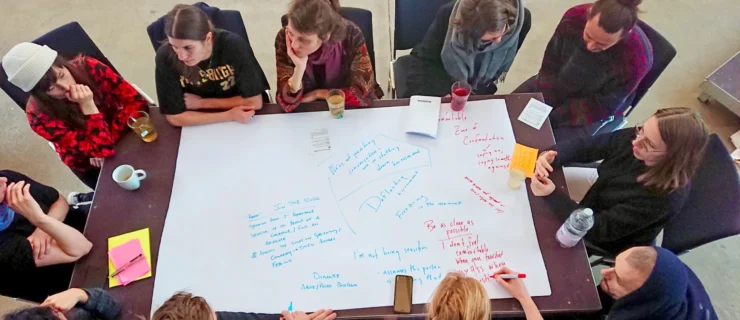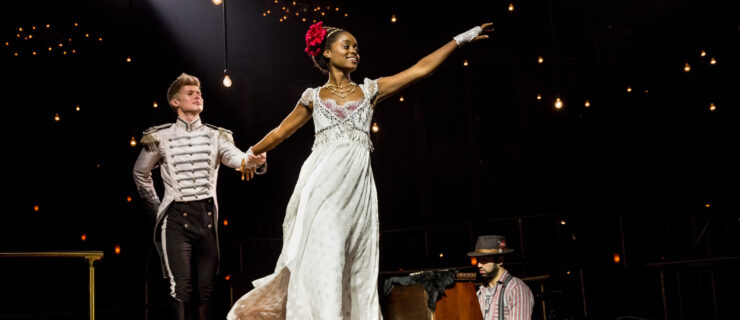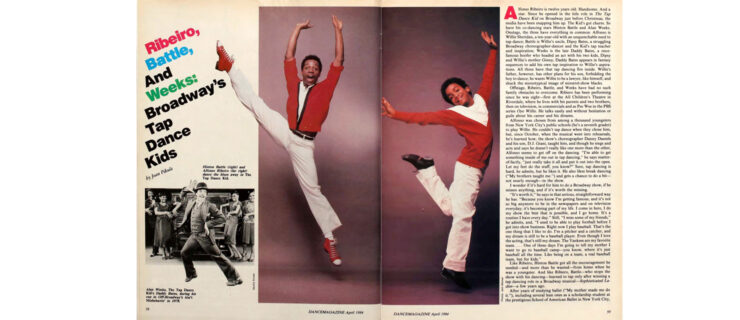Hip-Hop Choreographer Luam Is Using Her Voice to Spark Change
Having taught around the world and created for the likes of Beyoncé, Rihanna and Alicia Keys, Luam Keflezgy has established herself as one of the most respected choreographers in the dance industry. Her recognition stems from not only her creative expertise, but her flawless ability to use movement as a vessel for her unique voice.
Today, Luam is leading by example by brilliantly leveraging her social media following to highlight racial injustices within the dance industry. She has hosted IG live convos with artists like Martha Nichols, Phillip Chbeeb and Tony Tzar, tackling topics surrounding mental health, ally-ship and cultural appropriation. Luam also hosts her own podcast called Industry Talk that continues to spark conversations surrounding the dance and hip-hop community.
Dance Magazine
recently spoke to Luam to hear how she’s embraced using her voice to advocate for change, and how other dance artists can speak up for their communities.
How do you feel about using art as a vessel to talk about social injustices affecting the larger world and dance community?
Dance specifically has to be a vessel. It’s necessary to talk about the things we experience in this world and find an outlet to express those moments for our own mental health. Whether it’s through movement or through words, dancing serves as a cleansing so we can talk about the changes we need to see.
As dancers, we are the voice for every individual on this planet. We are their hearts, eyes, ears and souls, and when they can’t express what they’re going through, we have to do it for them.
What made you want to start having these Instagram live discussions surrounding racial injustice?
I honestly just wanted to have a conversation. When the Black Lives Matter movement first reignited after the murder of George Floyd, I wasn’t hearing much from the non-Black hip-hop community, and their silence was very loud.
There are issues in the world that we have to talk about and educate ourselves on. We have a responsibility to ourselves to know what’s going on. We owe it to our artist community and to the world to share that information, and that only happens when we pay attention as artists.
A common topic in your discussions has been cultural appropriation within the Black dance community.
Cultural appropriation in dance has been prevalent for a long time. In my podcast Industry Talk, we addressed examples like dancers seeing movement stemming from afro beats and learning that movement without knowing its origin. Or watching dancers begin to trend off of another culture’s style and essence but not prioritize sharing its original creators.
Dancers have to shed light on the origins of certain movements and recognize when they are not serving the Black community. As we take from a culture that the world so deeply loves, we need to put back in just as much. When you use or are inspired by a specific movement, understand that it came from somewhere and that source needs to be referenced so that the origin isn’t lost over time.
How have these conversations impacted you and your own well-being?
They’re not easy, but I’m hopeful and optimistic. I love being vulnerable and I’m dedicated to doing my part. I love being a vessel and I’m constantly educating myself. I have faith that at the end of the day, people will do the right thing, but we have to put the choice at the forefront of everyone’s thinking.
How can dancers continue to use their voices to speak up for their communities?
Everyone has a role to play. Your influence is uniquely yours. How you effect change is tailor-made to who you are, and for you only. Be diligent in figuring that out just like you figured out how you dance.
Don’t be afraid to ask questions. There is no road map. Do your research because you can’t fight what you don’t know. It’s okay to be wrong and mess up, because it ultimately gets you to a right answer. If you have a platform, use it. And continue to extend grace to one another. We always knew that we needed art to survive, and now the rest of the world knows it as well.
